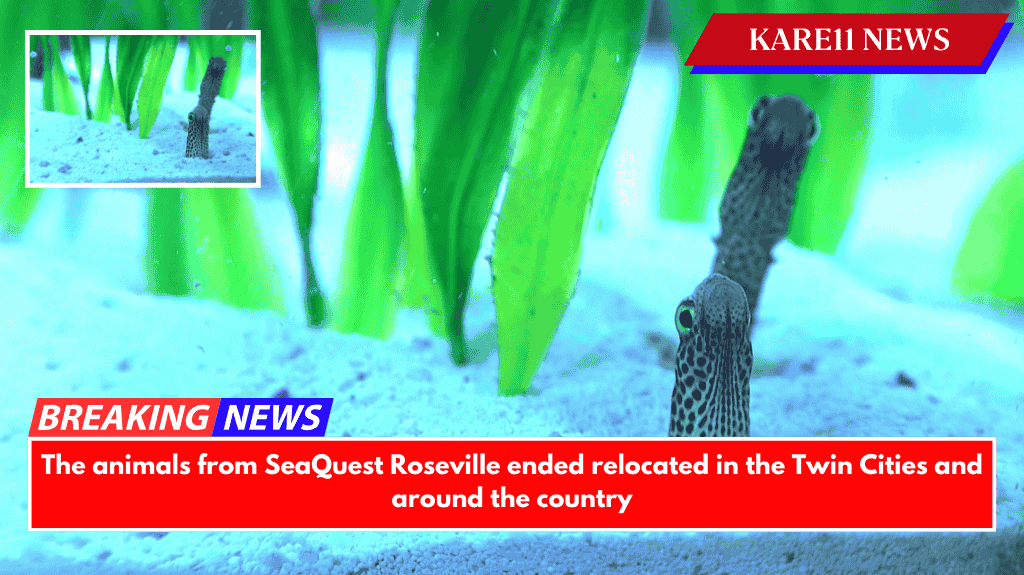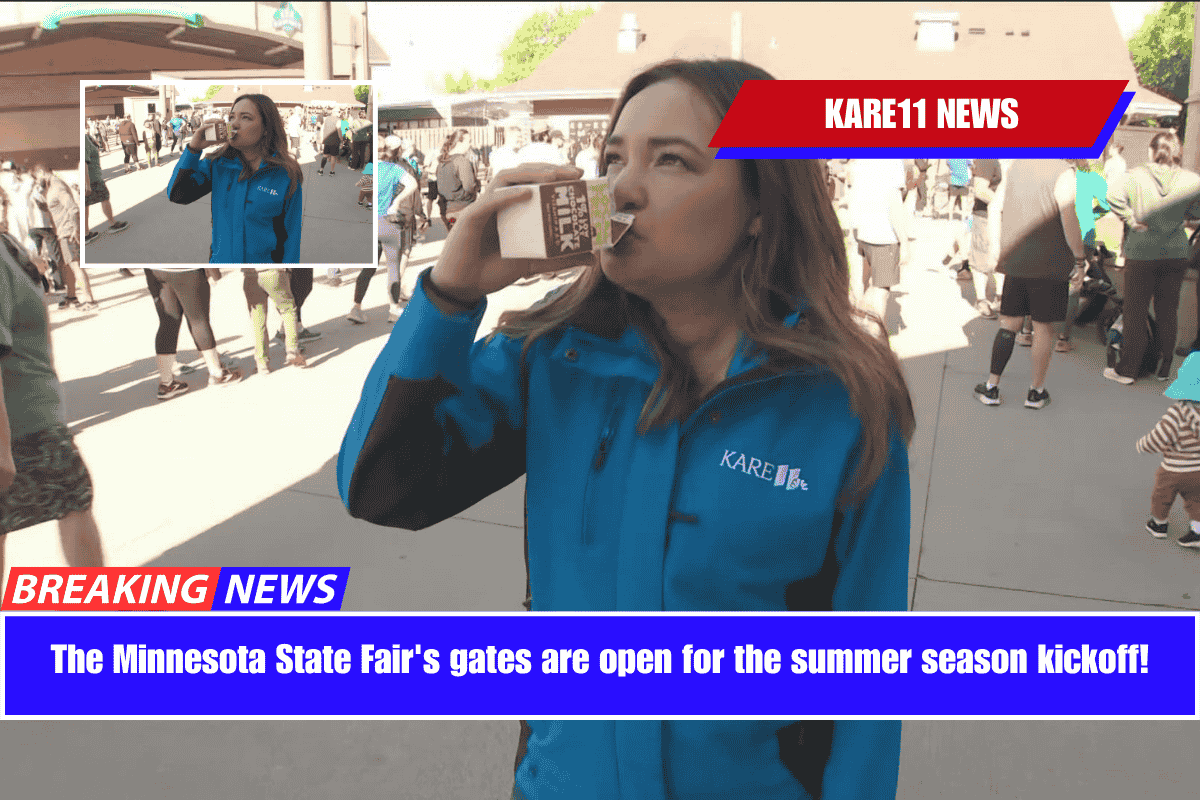Bloomington, Minnesota — Hundreds of animals from the closed SeaQuest location in Roseville are now being cared for by several Twin Cities organizations. That location at Rosedale Center closed in February, prompting concerns about how animals appeared to be left in enclosures.
The Animal Humane Society informed KARE 11 in February that investigators were visiting the site, and SeaQuest stated that they would staff employees to care for the animals.
According to the Association of Zoos and Aquariums, which assisted with rehoming efforts, the Minnesota Zoo, SEA LIFE at the Mall of America, and the Como Zoo all accepted animals. The Lake Superior Zoo and Hemker Park & Zoo also took in or helped transport animals.
Some of the animals at the Minnesota Zoo had a sort of opening day.
“This is actually her first day on exhibit,” Kurt Heizmann, director of animal care at the Minnesota Zoo, said, pointing to a Linneaus’ two-toed sloth.
The sloth, named Chewy, joins the zoo’s other animals, which include an armadillo and tarantula, as well as over 100 other fish and reptiles. Heizmann claims to have rehomed a total of 128 animals.
“We’re really happy that all the animals have been moved out of that facility and have a second chance at their life going forward,” Heizmann disclosed. “We did not, you know, take it lightly that we were the new home for some of these animals, and so we’re really dedicated to making sure that we’re providing these animals the care and the welfare that they deserve, that they need, and a proper space to live the rest of their lives.”
Senior Aquarist Drew Turner of SEA LIFE at the Mall of America says they have rehomed nearly 600 animals.
“It’s a big undertaking,” he said.
All of the animals at SEA LIFE, the Minnesota Zoo, and the Como Zoo have either been quarantined or are still there. Turner says this is to ensure that the animals coming in are healthy and do not contaminate their new enclosures.
“Soon as they come out here, you know, they’re gonna see all their new tank mates and just become, yeah, social little butterflies,” Turner told me.
“Our job really starts when we start to discover these issues and the treatment that these animals need to thrive,” he talked about.
Cooper and Russet, two African crested porcupines, have joined the Como Zoo. According to a zoo spokesperson, the two porcupines have been moved into their new exhibit, and they are already settling in and displaying their curious personalities. It’s been heartwarming to see them explore, snack on their favorite treats, and adjust to their new routine.”
According to Turner and Heizmann, animals can be quarantined for days, weeks, or months if necessary to ensure their health. They both say they will not rush the animals into the public eye, so it may be some time before all of the animals are released into their new homes.
They also say they intend to restructure and change existing exhibits to ensure the animals have a safe and healthy environment.
The Association of Zoos and Aquariums informed KARE 11 that animals were also transported to the Shedd Aquarium in Chicago, the Niabi Zoo in Illinois, the Pittsburgh Zoo and Aquarium, and Wildlife Rescue & Rehabilitation in Texas. Hemker Park & Zoo in Freeport assisted in transporting the animals to the Texas facility.


















Leave a Reply